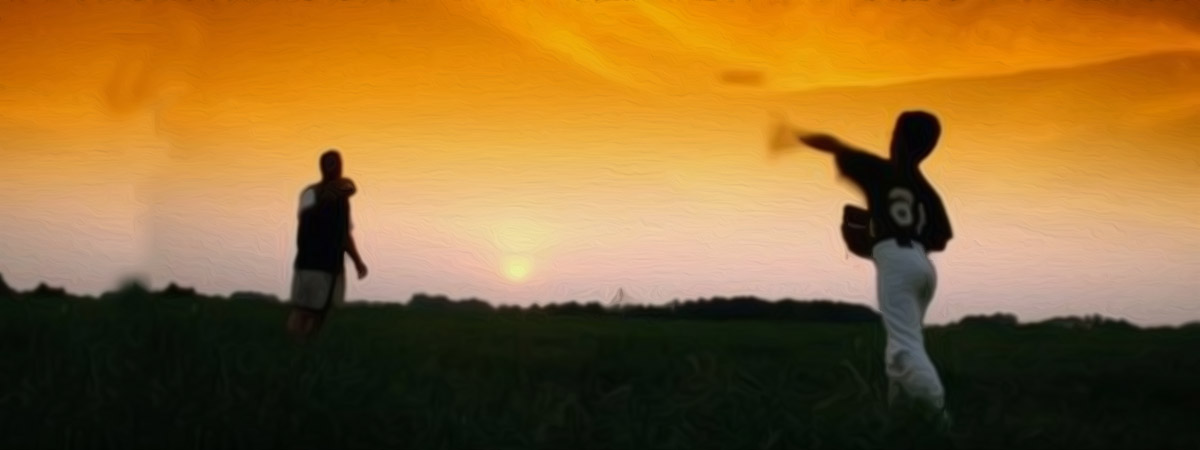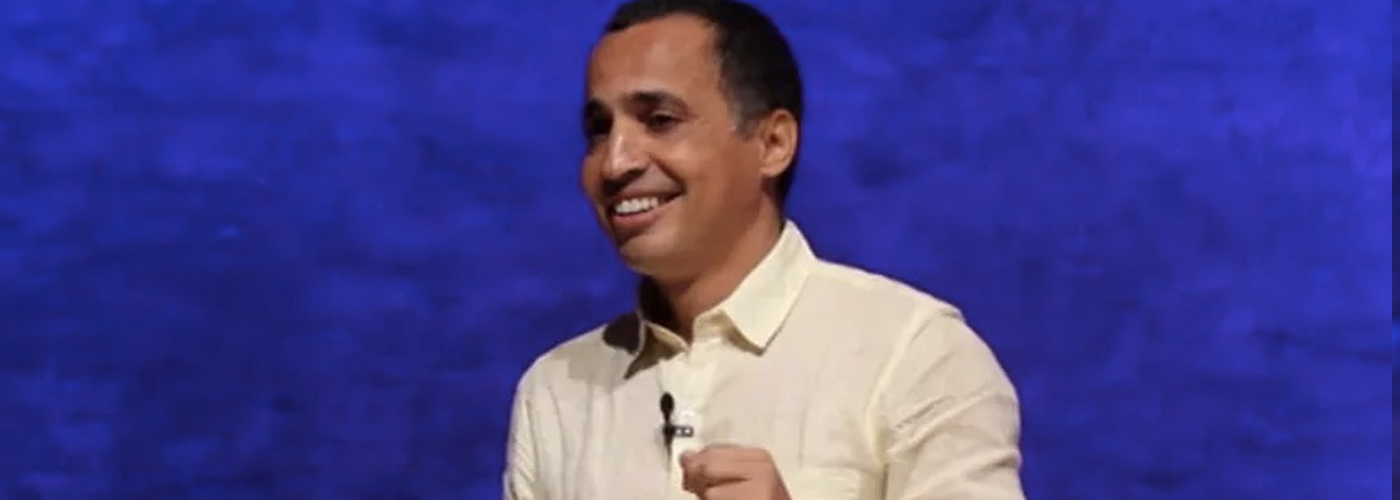This is the first of a series of posts exploring the impact that our relationship with our family has on how we define success.
My father died at the most inopportune of times. It was Saturday morning, May 12, 2007. I received the call from my youngest brother John, who lived in Southwest Florida and was at Dad’s side. I was over 3,000 miles away. His oldest grandchild, my oldest daughter Amanda, was in Thailand.
Take your greatest sorrow and turn it into your life’s greatest message.
-Pastor Rick Warren, on the death of his son
Normally on a Shabbat morning, I’d be at Temple in my Boston suburb, praying and studying with my bible group of twenty-five years. Hearing Dad passed on the Lord’s Day of Rest would have eased into my consciousness. I’d welcome support from people who’ve known and understood me for decades, before leaving early to gather my family to fly down to Florida for the Monday funeral.
It is only when a man’s father dies that he can truly be free. -Maasai proverb
Instead, his oldest son was on Bainbridge island off the coast of Washington State, standing in the woods on an elevated rock —the only spot on the island that got decent cell reception–returning his brother’s call.
I made sense of what happened quietly, for John needed to get off the phone quickly and call Jim in Maine while sister Janice made arrangements with my stepmom (their mom) in Florida. I was confused. My brother Jim and I had called the week before and Janice had told us not to come down south as Dad was in recovery and wouldn’t be up for “company” for a month. There were no signs that his prolonged illness would lead to this, or so I thought. As I’d find out later, the hospital manifest said otherwise, and people knew.
My phone dropped to the ground. I felt… different. In shock before stillness settled in. Hoping for a reply, I asked him: What can I do? What do I do, now? I hadn’t seen Dad in over a year. I wondered: Why was I here on this island? Was I here, doing this, for him or for me?
I wondered: Was I here, doing this, for him or for me? Tweet This Quote
In life’s transcendent moments—those few that define your life in ways only understood over time—baffling complexities are simplified into routine, practical tasks of what you have to do. The “have-to” that would ground me for the next 24 hours was logistics.
I gathered my thoughts and called my wife Joy at home. With our youngest daughter away at school in Connecticut that one year, I asked her to call Nicolette, pick her up, and call Amanda in Thailand, though there was no possibility she could get back in time. I’d take care of their flights and Joy would bring me appropriate clothes.
My travel arrangements left several hours before I could catch a ferry to the mainland, then a two-stop red-eye plane to Southwest Florida for Sunday arrival. The one bright spot: Delta had a special fare for Platinum members’ travel due to unexpected family deaths. The fare, however, required me to reroute from Seattle through Hawaii back to the mainland and then to Florida. Seriously. I couldn’t make that up!
I decided to do what I came to do and loved to do: teach. Tweet This Quote
I booked the “normal” flight, and with several hours before the late afternoon ferry, returned to the main building and the Bainbridge Graduate Institute (BGI), the first sustainable MBA business school. After sharing the news and appreciating comforting words, I decided to do what I came to do and loved to do: teach.
Founded by long-time friends, the Pinchots, BGI was (and is) of great interest to me. We planned to discuss how I could be more involved on Sunday after the four-day session was complete. My colleagues back home were pushing me to become president of a university so, like Bainbridge, we could show other universities the success of a business education that prepares graduates for the common good.
The truth is that I’ve always loved interacting with students, teaching and writing. The truth is that administration—even with the titles, power and higher pay—was never my dream. Making money was his measure of a man.
I learned that death ends a life, not a relationship. Tweet This Quote
So. If I was doing this not just for colleagues but primarily for him—an entrepreneurial, risk-taking university president he could be proud of—why do it now? Wasn’t I a free man?
That afternoon at Bainbridge was an unexpected blessing. The BGI community supported me in ways I feel even today as I write. I felt appreciated. I felt loved. We never got to discuss administration, which in hindsight was a blessing. It was time instead to travel to my father’s funeral.
The physical journey soon became secondary to still thoughts that first raced through my mind, then slowed down as I sailed on the ferry’s sea and flew in the plane’s night. My life’s direction—so different from his—was up in the air. “Do it for him or for me?’ That was now yesterday’s question. Or so I thought.
His would be a physical death only…at least for me. I didn’t know it at the time. I didn’t know that I wouldn’t be able to get him out of my head. I didn’t know that we’d talk more after he died than when he was alive. Instead, I’d learn that death ends a life, not a relationship.
I also didn’t know that at the funeral, the relationship that would challenge me most would not be with my father, but someone else.
The father quest is a major hero adventure…of finding out what your career is, what your nature is, what your source is… finding your own character and destiny. -Joseph Campbell, mythologist
Check out Mark’s series here:
- Book Part 1: Did I Do It for Him? What Drives Your Search for Success
- Commentary 1: Are you Chasing Someone Else’s Dream?
- Book Part 2: Can You See the World Through Another’s Eyes? What Drives Your Search for Success
- Commentary 2: Do You Focus on Your Needs or the Needs of Others?
- Book Part 3: Darkness or Light? What Drives Your Search for Success
- Commentary 3: Do You Judge or Love?
- Book Part 4: Did He Love Me? What Drives Your Search for Success
- Commentary 4: Have You Left Words Unsaid?
- Book Part 5: How Do You Act as A Family? What Drives Your Search for Success
- Commentary 5: What Does ‘Being a Family’ Mean to You?
- Book Part 6: Where Do Your Memories Meet Mine? What Drives Your Search for Success
- Commentary 6: Are You Looking for Questions or Answers?



